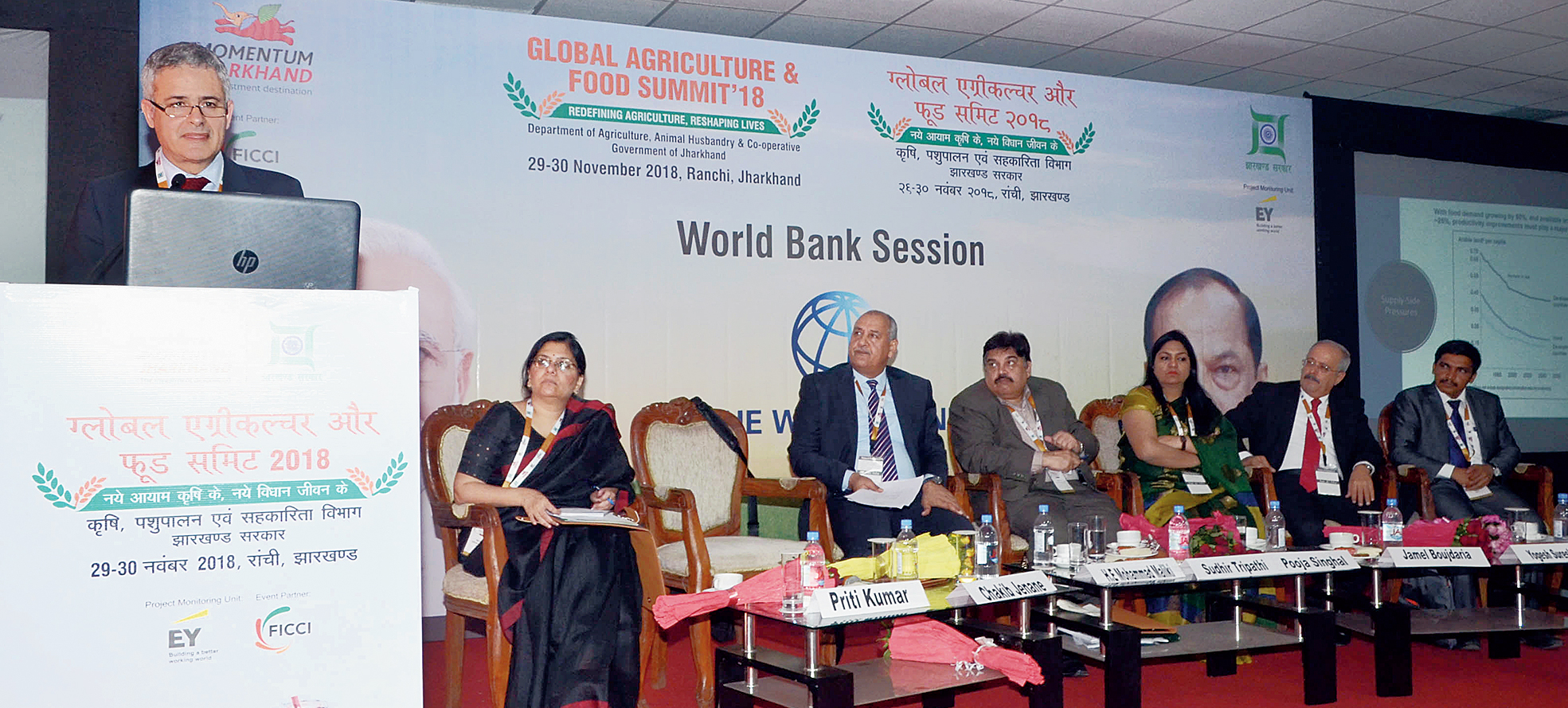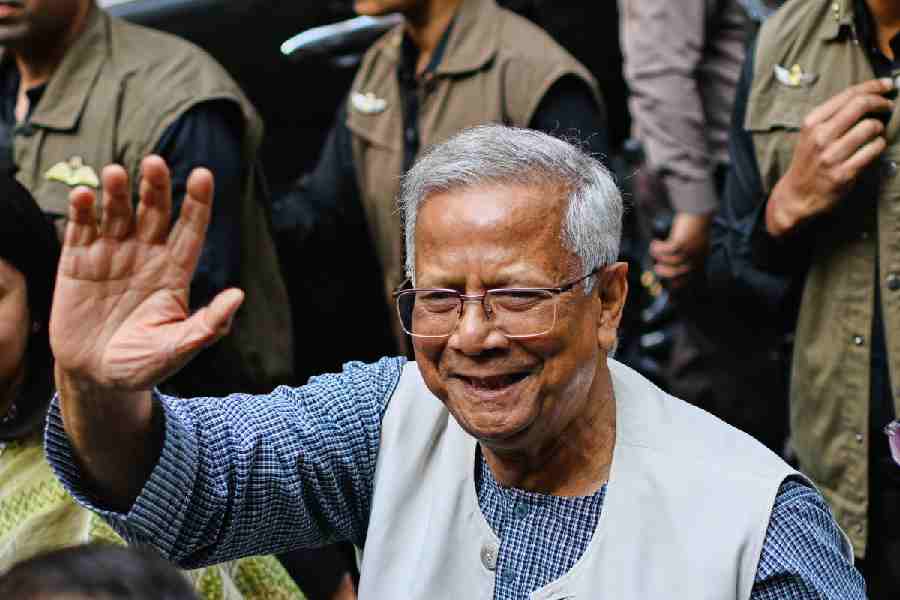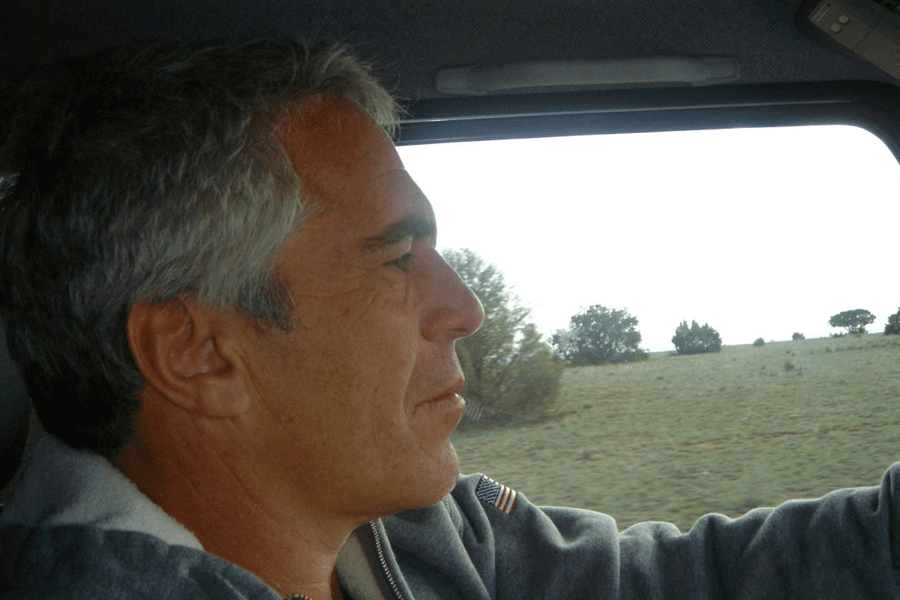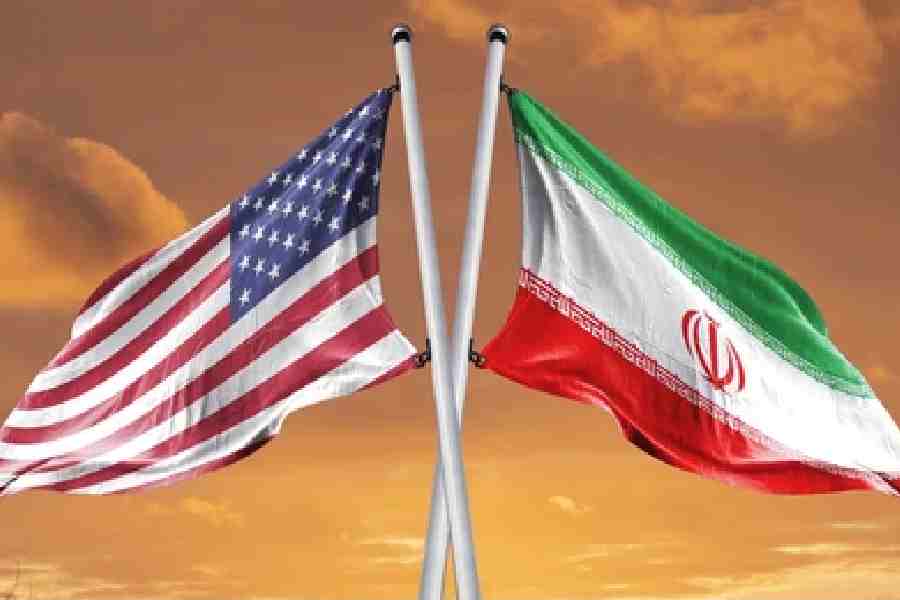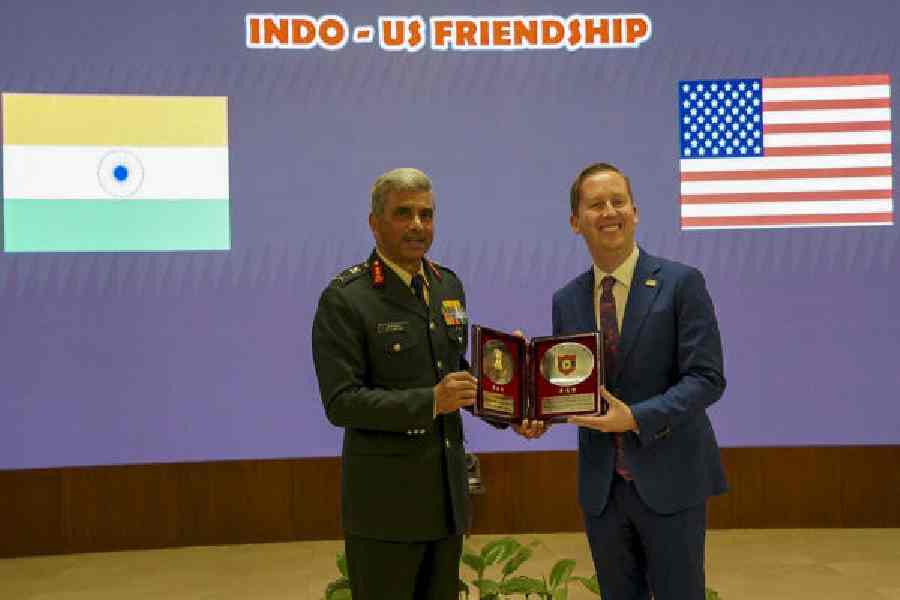World Bank’s lead agriculture economist Chakib Jenane has said that India will be required to produce more food (agriculture products) as demand is likely to grow by 50 per cent by 2030.
Jenane, who addressing a session organised by the World Bank on the concluding day of the two-day Global Agriculture and Food Summit at Mega Sports Complex in Ranchi on Friday, said farmers of Jharkhand would need to increase farm output for which there was an urgent need for more agro-processing units and keen participation of the food processing industry.
The World Bank is investing $100m in Jharkhand Opportunities for Harnessing Rural Growth (JOHAR) Project for India which will enhance and diversify household income in select farm and non-farm sectors for targeted beneficiaries in project areas.
Jenane said two other countries, Morocco and Tunisia, which were partnering Jharkhand in hosting the maiden food summit and where World Bank was making significant investments, were doing well in food processing. “In both countries, agro-processing units witnessed a leap from 10 to 35 per cent in the last few years,” he told The Telegraph.
Morocco's ambassador Mohammad Maliki, while addressing the session, provided an overview of the 10-year Green Morocco Plan (2010-20) which brought about significant improvement in the north African country’s growth in the agriculture sector.
Maliki said Morocco was a small country with a population of 35 million (3.50 crore), equivalent to that of Jharkhand, and that total agriculture activity was conducted on 8.7 million hectares.
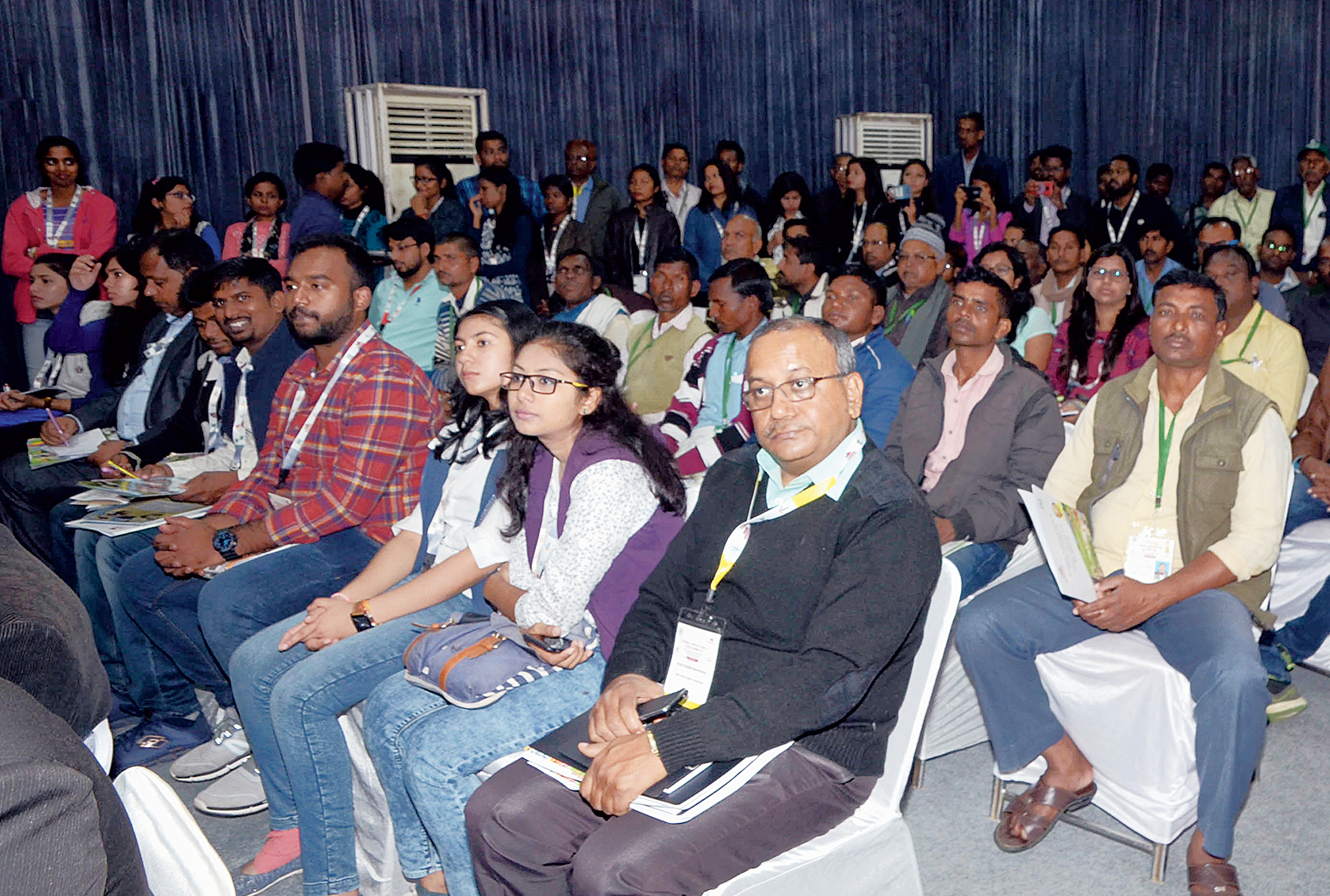
Farmers and delegates at the meet. Picture by Prashant Mitra
MD of Maharashtra Farmers Producer Company (MAHAFPC) Yogesh Suresh Thorat elaborated on the best practices and learnings and how it helped in marketing and adding value to agricultural produce.
Emphasising on creating common facilities in rural areas for the benefit of farmers, Thorat explained how his business model brought about reforms in agriculture marketing.
Jamel Boujdaria, the deputy chief of mission, Embassy of Tunisia, started his presentation with a short film, highlighting changes brought about in the agriculture and food processing sector.
“In Tunisia, more than 60 per cent products are organic. We are the second largest producer of olive oil in world,” he said.
He added that Tunisia was trying to achieve the goals set by World Bank. “We are running 203 World Bank projects in as many as 364 locations across the country,” he said.
Senior agriculture specialist of World Bank Priti Kumar, in her concluding remarks, thanked all the speakers and noted how Jharkhand was endowed with vast natural resources and rich agro climatic zones. “Farmers should use their potential to get maximum benefits,” she said.

